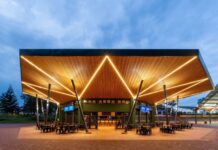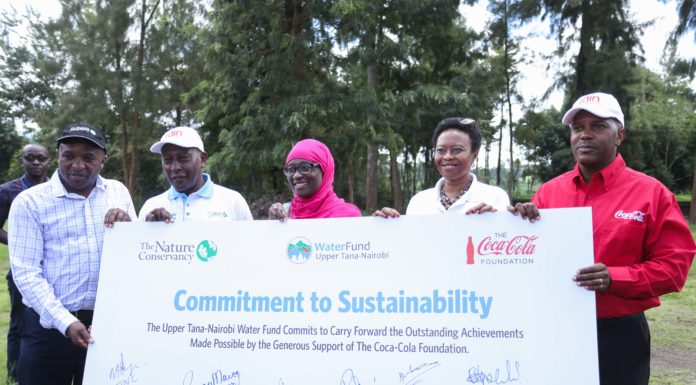Company releases 7th Sustainable Business Report that seeks to disclose the progress it has made towards its goal of building a more sustainable future.
CONTRIBUTION TO GDP
· 6.5 percent contribution to GDP
· 171,369 jobs sustained, up 5 percent
NETWORK
· 86 percent of population – 3G coverage
· 35 percent of population – 4G coverage
· 96 percent of population- 2G coverage
HUMAN RESOURCE
· Employees with disability grew by 0.3 percent to 1.7 percent
· 32 percent women in Senior Management, up 2 percent
· 7 percent decline in staff dismissal for fraud
· 98 percent staff trained on ethics and anti-corruption
ENVIRONMENTAL FOOTPRINT
· 97 percent waste generated within the business recycled or reused
· 5 percent increase to our carbon footprint
· 155 Base Station Sites powered by renewable energy. Up by 16.5 percent
· 1.2 million households using M-Kopa solar’s clean, green energy home lighting solutions, a 128 percent increase from the 2017 FY.
IMPACT ON EDUCATION
· 43,000 refugee students accessing high quality education through Instant Network Schools programme.
· 2.8 million students receiving educational support through Shupavu 291.
IMPACT ON HEALTH
· 916, 584 Kenyans health care costs covered by M-Tiba, up by 97 percent.
Why we publish the Sustainable Business Report
Since 2012, we have been documenting our sustainability journey because we believe in holding ourselves accountable by sharing our successes, our challenges and our constraints in a public, transparent and open manner.
We also publish this report because we believe that we have a duty to raise awareness of the sustainability challenges we face as a society and to ensure that these remain part of the discussion in Kenya and internationally.
Safaricom’s (NSE: SCOM) True Value to the Kenyan society has increased by 12% to KES543 billion during its last financial year.
This was 9.8 times more than the financial profit the company made during the same period.
“We assess the significant indirect value contribution we make to the economy, society and environment in Kenya using the KPMG True Value methodology. When monetised, the net value of the most material social, environmental and economic impacts of the company, both positive and negative, gives an indication of the total value that Safaricom creates for the people of Kenya,” said Nicholas Ng’ang’a, Chairman, Safaricom PLC Board.
In its 7th Sustainable Business Report, the company has reported it has sustained 171,369 direct and indirect jobs during the year, which was a 5 percent increase from the previous year.
Additionally, the social impact of M-PESA increased by 20% to KES191.1 billion up from KES159.6 billion in FY17. According to the report the major drivers for this growth have been the increase in customer, agent and merchant numbers,
A rise in the average number of transactions per customer, as well as the increased value paid to M-SHWARI users in interest also contributed to the growth.
“The greatest value continues to be felt by M-PESA customers who benefit from improved ability to manage and save money, as well as the wellbeing that comes with access to goods,services and opportunities that would not previously have been available to them.” Ng’ang’a said.
From an environment perspective the company reported that it has replaced 7 million single use plastic bags with eco-friendly, reusable carry bags while 97 percent waste generated within the business is either recycled or reused.
The company also announced that it has reduced the number of sites running solely on diesel powered generators and are exploring other ways in which to compensate for its carbon emissions which went up by 5%.

















